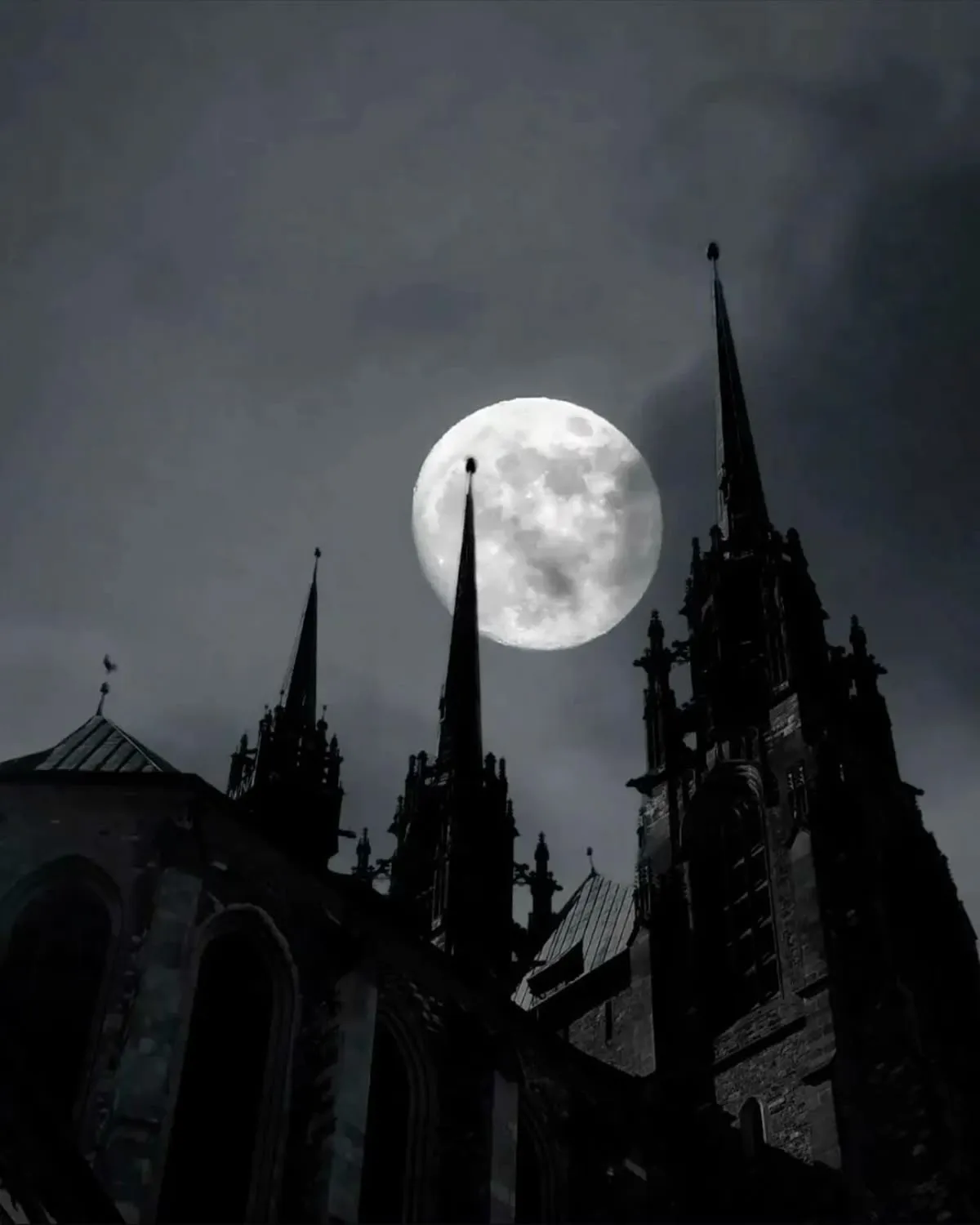The Moon as a Lover

There is only one light in the entire darkness. And it does not burn—it reflects.
The moon does not offer warmth. She does not save. She simply is, suspended in the blackness like a pale eye, open and unblinking. We call her beautiful, but beauty in darkness is a dangerous thing. The kind that invites worship, then disappears before dawn.
She comes every night and changes her face with each return. A sliver, a half, a ghost, a pearl. Never the same woman twice. She recedes even when she seems full. She vanishes even as we swear we’ve captured her in a poem, a photo, a prayer.
To love the moon is to love something that will never stay. And still, we look up.
That is the terror of it—the romance. We trust her, or pretend to. We whisper our secrets into her silence, though she never answers. She’s seen every murder, every tryst, every cry from the gut of the world. And still, she glows. Not in condemnation, not in comfort. Just… there.
Is that not the most haunting kind of love? The kind that sees everything and says nothing?
We call her a goddess, a muse, a lover—but she does not belong to us. She does not need us. She moves tides, not hearts. And yet, we build whole mythologies around her absence. We write songs to the sliver that remains.
Maybe that’s why the gothic soul is drawn to her. Not for light, but for the loneliness of it. The devotion without promise. The way she hovers just out of reach, both guide and ghost.
The sun commands. The moon haunts. And some of us were made for haunting.